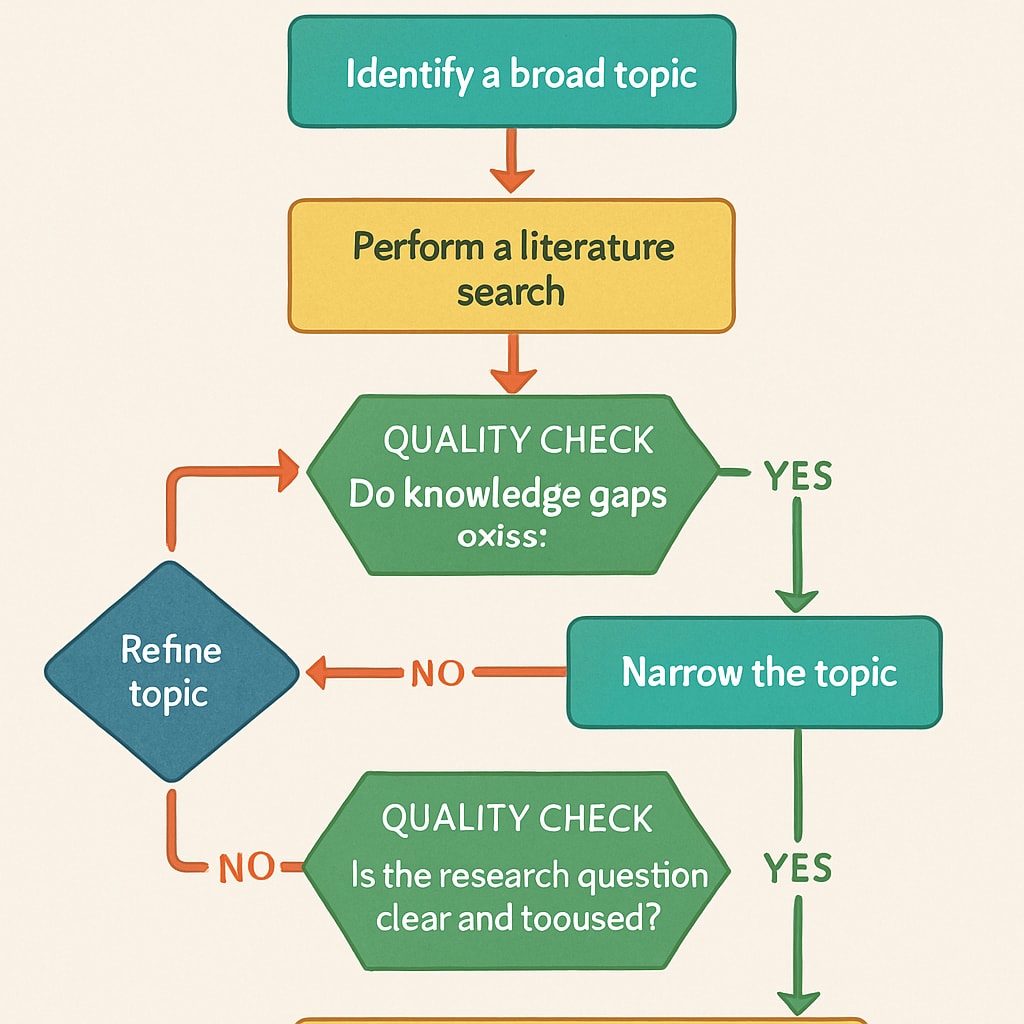Research question formulation stands as the cornerstone of meaningful educational inquiry in K12 settings. Whether investigating learning methodologies or assessing classroom interventions, developing precise research questions requires systematic approaches that bridge theory and practice.
Identifying Authentic Educational Challenges
The first step involves recognizing genuine pain points in K12 environments. According to Edutopia’s research guidelines, effective questions emerge from:
- Classroom observations of recurring difficulties
- Gaps between curriculum objectives and student outcomes
- Emerging technologies that disrupt traditional teaching methods

Structuring Investigative Frameworks
Transforming observations into researchable questions demands careful scaffolding. The What Works Clearinghouse recommends:
- Narrowing broad concerns to specific, measurable phenomena
- Ensuring questions align with available research methods
- Balancing academic rigor with practical applicability
Crafting Actionable Inquiry Statements
Well-structured research questions typically incorporate:
- Clear population specifications (grade levels, subject areas)
- Measurable variables (learning outcomes, engagement metrics)
- Temporal dimensions (short-term vs. longitudinal effects)

By following these structured approaches, educators can transform vague curiosities into focused investigations that yield actionable insights for K12 improvement.


